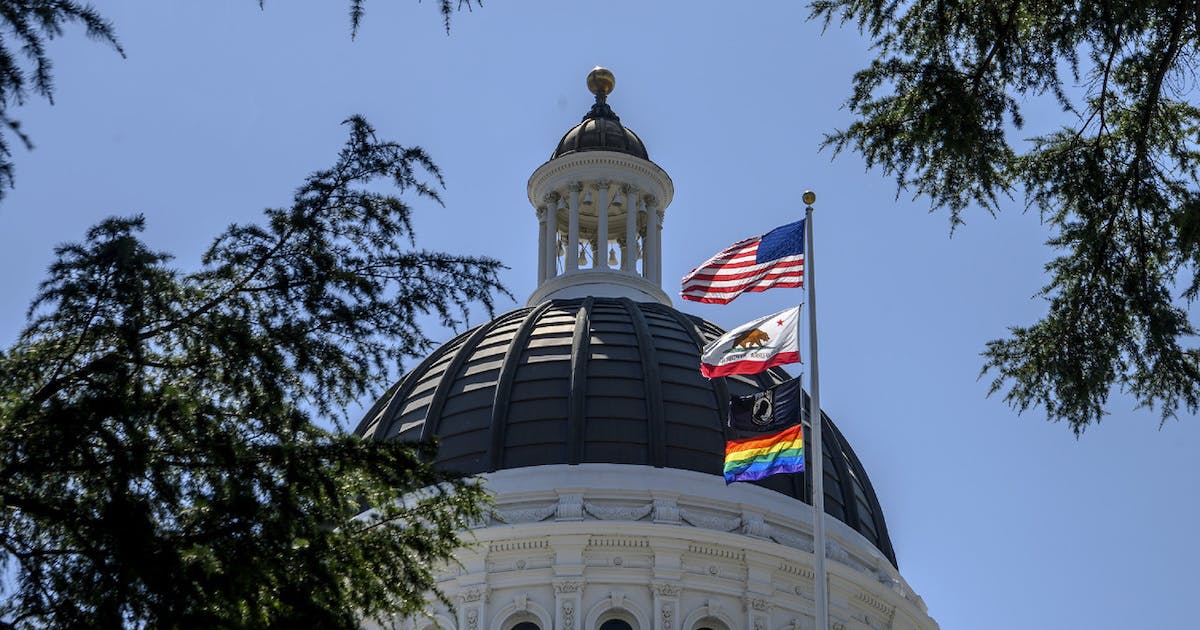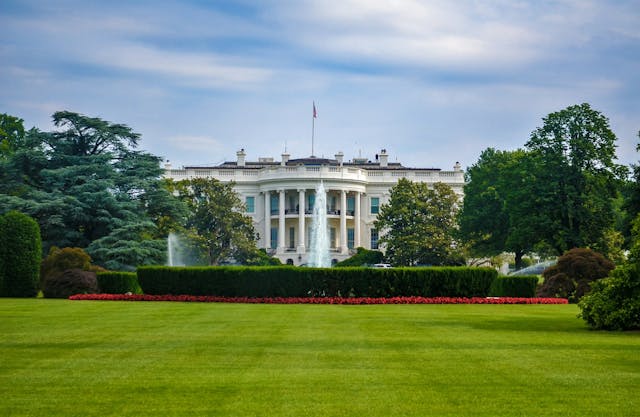California Permanently Adopts Universal Vote-by-Mail, But Ignores Bigger Voting Rights Problem

California is now the largest state to permanently adopt universal mail-in ballot distribution. Governor Gavin Newsom signed the measure into law Monday. While it goes a long way to increase voter participation in the Golden State, public officials are still not doing everything they can to give all voters a level playing field in elections.
California, like many of the other states that expanded access to mail-in ballots as an emergency change in 2020, saw record turnout in November. The state extended this policy into 2021, including in the September recall election. Once again, it saw higher than expected turnout.
"When voters get a ballot in the mail, they vote," said California legislator Marc Berman, author of the vote-by-mail bill. "We saw this in the 2020 general election when, in the middle of a global health pandemic, we had the highest voter turnout in California since Harry Truman was president."
The law does not require voters to cast their ballot by mail. Californians who are more comfortable voting in person can still do so.
California is the eighth state to adopt universal mail-in ballot distribution. Other states include Colorado, Washington, Oregon, Utah, Hawaii, Nevada, and Vermont. A handful of states have gone the opposite direction in 2021 and either barred or limited sending unsolicited mail-in ballot applications and/or ballots, regardless of the impact it had on turnout.
The new California law applies to both the primary election in June and the general election in November. For most races, it means every voter will receive a ballot in the primary with all candidates running for legislative seats, statewide offices, and Congress, regardless of party. The presidential election, however, is a bit more complicated.
California has a nonpartisan open primary for all races except the presidential primaries, where the parties are allowed to choose whether or not voters registered outside a political party can participate. Some parties allow it. Some parties don't. Under the new law, voters will have to know (a) that they have to request a specific party’s ballot within a certain period of time and (b) if that party even allows them to request it.
If they don't, voters registered No Party Preference will receive a blank page for the presidential primary. It is critical to note that there are over 5.1 million registered NPP voters in California.
READ MORE: 10 Facts You Need to Know About CA's Confusing and Unconstitutional Presidential Primary
This semi-closed system, as it is commonly referred, has led to widespread confusion in California. Even political junkies find it confusing. However, the Independent Voter Project (IVP) has for years worked on a solution they call the public ballot option.
The public ballot would include all candidates running for president, regardless of party, for NPP voters and voters who do not want to participate in a party’s primary. And, to protect their rights as private organizations, the parties could decide whether or not to include these votes in their delegate selection process.
Independent voters no longer have to worry about getting a blank page on their presidential primary ballot, and can still request a party’s ballot if they prefer. Further, it expands the options for party-affiliated voters and gives them the freedom to vote outside their party’s primary if they wanted. Shouldn't voters have choice in elections to vote as they truly desire?
If California officials really wanted to expand voting rights and opportunities in their state, they would live up to their constitutional obligations to provide an open presidential primary. Yet, the secretary of state and the California Legislature have not taken up the cause.
 Shawn Griffiths
Shawn Griffiths


